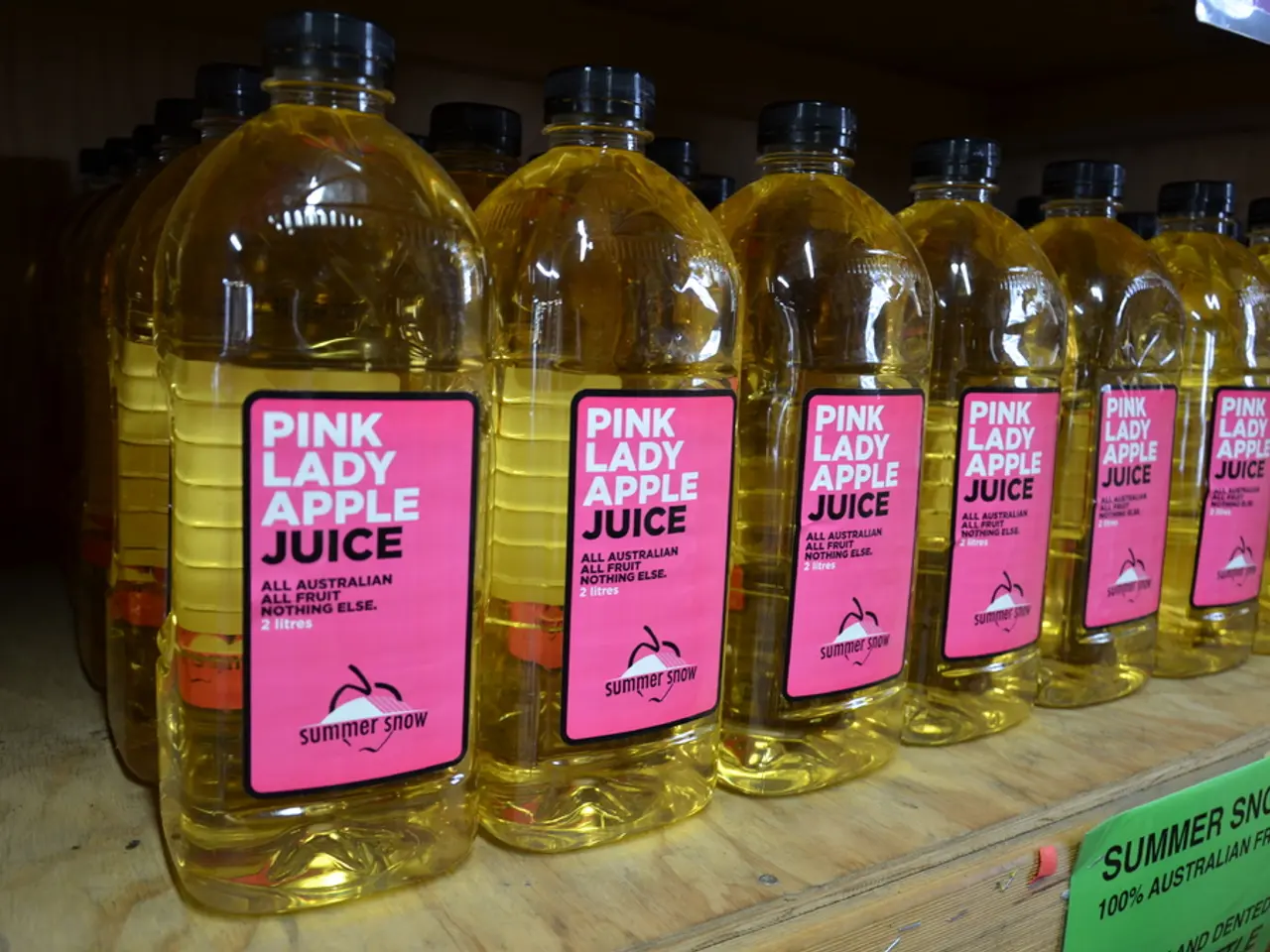High-Priced "Lord of Fruits" Admonishes Consumer Board
Mangosteen juice, dubbed the "queen of fruits," is celebrated for its alleged vast health benefits. From cancer treatment and immune system reinforcement to anti-aging and skin enhancement, the hype is immense. But, as always, the Consumer Center is raising red flags about these grand claims and the resulting misleading advertising.
Here's the real 411 on mangosteen juice:
Time to Pull the Pin on Mangosteen Hype
In the digital world, you'll find tales of mangosteen juice surpassing vitamin E in effectiveness and boasting 12 vitamins. But the Consumer Center doesn't mince words — they see these claims as hot air. Laboratory experiments tend to be the backbone of these assertions, and the nutrient concentrations often get a boost through added vitamins. Even more questionable are the often-touted xanthones, which were previously used as dyes and are found primarily in the fruit's skin—not fit for consumption due to high tannin content.
A thorough evaluation by the European Food Safety Authority (EFSA) found all health claims regarding mangosteen to be too vague or unproven. In other words, these claims are phony BS, a clear violation of § 11 LFGB. In the absence of concrete proof, mangosteen has no documented effectiveness in treating cancer or other diseases. So why pay through the nose for this supposed wonder juice? As the Consumer Center points out, those high prices are only justified by long transport routes—not by any exceptional health benefits.
Not So Super: The Unsung Hero of the Vegetable Aisle
Traditionally, mangosteen juice has found use externally, for instance, on skin rashes and inflamed mouth mucosa, in some Asian countries. But here's the kicker—the Consumer Center urges buyers to think twice before succumbing to the hype and instead seek out the often-overlooked superfood lurking in every supermarket.
In the market, there's a superfood that easily goes overlooked—but it bears remarkable health benefits nonetheless.
The Consumer Center concludes their critique by warning about the risks of mangosteen juice, especially when interacting with prescription medications. As always, consult a healthcare professional before making any drastic change to your diet or supplement regimen.
Generously scripted and refined by a language model, but meticulously checked for accuracy.
Learn more about our AI guidelines: [link to guidelines]
- The Consumer Center advises caution towards mangosteen juice, claiming there is no concrete evidence supporting its grand health claims like treating cancer or other diseases, and that the high prices are primarily justified by long transport routes, not exceptional health benefits.
- Despite mangosteen juice being celebrated for its supposed 12 vitamins exceeding vitamin E and other health benefits, the European Food Safety Authority (EFSA) has found all health claims regarding it to be too vague or unproven.
- In contrast to the hype surrounding mangosteen juice, the Consumer Center suggests exploring overlooked superfoods in the supermarket, which may offer health benefits comparable to mangosteen.
- The Consumer Center encourages buyers to think twice before being swayed by the hype surrounding mangosteen juice and instead seek out other health-and-wellness options, possibly drawing from global-cuisines for a healthy-diet that includes nutrition and cooking for a desirable lifestyle, bearing in mind that any dietary changes should be discussed with healthcare professionals.
- The topic of mangosteen juice also extends to therapies-and-treatments, with the Consumer Center cautioning that potential interactions between mangosteen juice and prescription medications could pose risks, thus requiring consultation with a healthcare professional before making any drastic changes to one's diet or supplement regimen.








